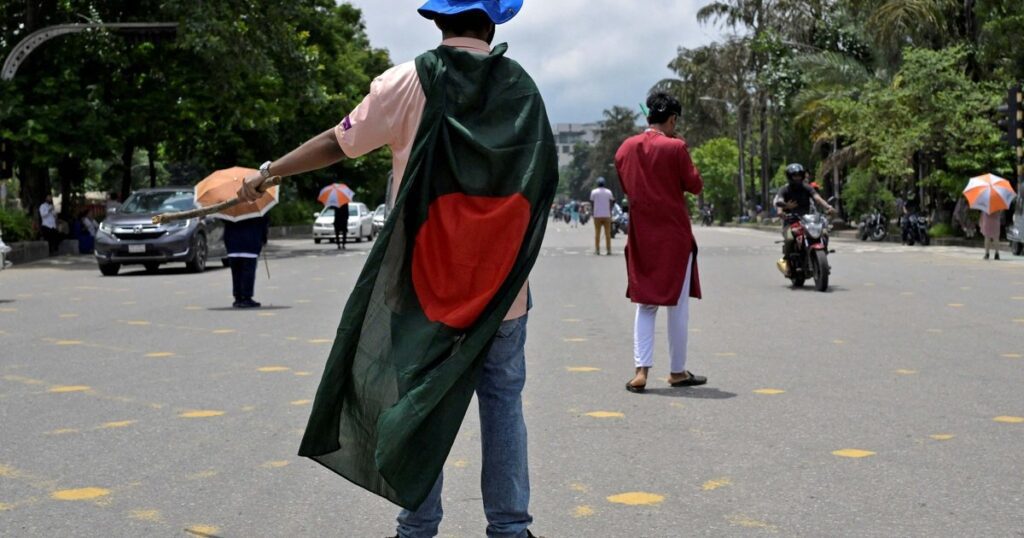Since the collapse of the Bangladesh government just over a week ago, a caretaker government led by Nobel laureate and esteemed elder Muhammad Yunus has been installed to pave the way for free and fair elections. The country now teeters on a knife edge. The timeline set for new elections could be too short for new parties to form, even as the two long-dominant parties in Bangladesh politics are both increasingly disliked by the public, especially by younger people. However, the longer the caretaker government lasts, the more it could strain Yunus’s abilities to keep the peace and raise the risk of military intervention. Amid the current power vacuum, communal violence against Hindus and vigilante killings have risen while many sectors are experiencing state collapse. Meanwhile, as the New York Times recently reported, student leaders in Dhaka and other parts of the country, who, having ousted former prime minister Sheikh Hasina, are trying to restore order in the country, though they often lack any government experience. Some of these young people are even serving in the new caretaker government.
Indeed, the student leaders believe that for Bangladesh’s politics and economy to stabilize, the country needs to escape the cycles of tit-for-tat politics, polarization, and violence that have plagued its politics for years, as it was ruled by one of two feuding leaders for decades. The younger generation of Bangladeshis, and I agree with these views personally, believe “The country must break from its cycle of violence, and from the way it has been run for most of its history. Power has swung between two dynastic political parties that alternate between perpetrator and victim of the country’s brutal politics. The students are equally wary of a third force, the Jamaat-e-Islami party, the Islamist movement that Ms. Hasina had banned as radical.”
More on:
For more on my conversations about Bangladesh’s crisis, see my recent discussion in War on the Rocks.
More on:

